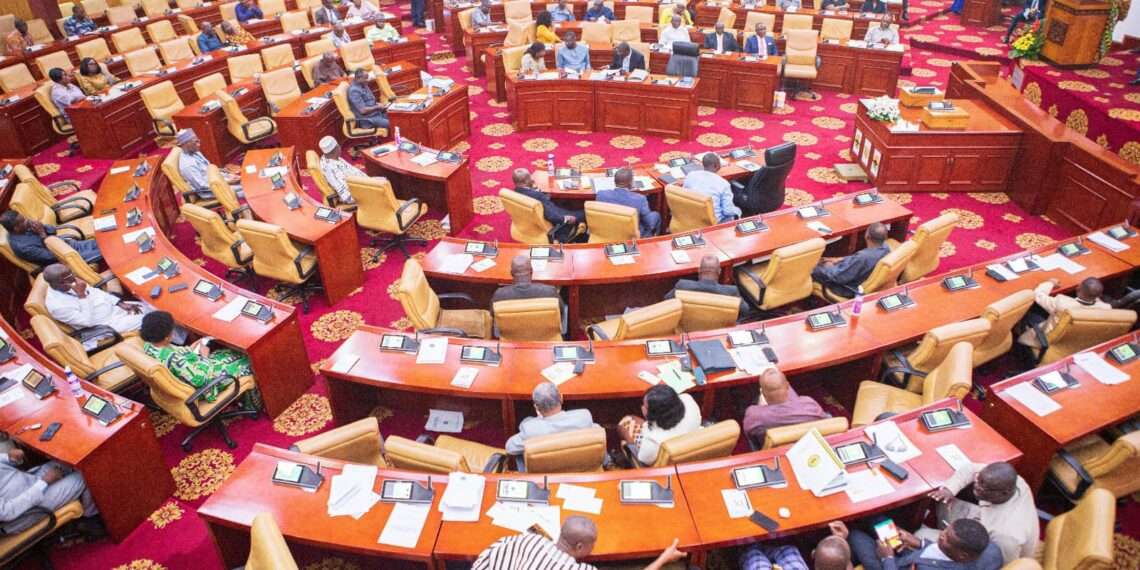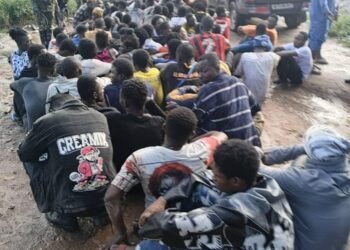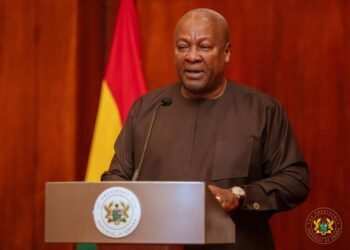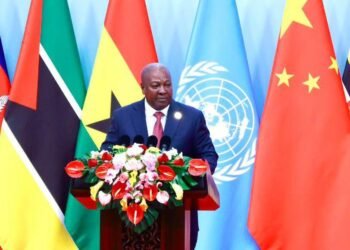Prominent lawyer and political activist Oliver Barker-Vormawor has launched a scathing critique of Ghana’s Parliament, questioning its ability to uphold truth and accountability.
His remarks highlight a series of unresolved controversies, raising concerns about the credibility and effectiveness of the country’s legislative body.
Barker-Vormawor accused Parliament of failing to investigate critical matters that strike at the heart of Ghana’s democracy.
He pointed out Parliament’s inability to identify individuals behind major incidents, including public insults, political impersonations, bribery allegations, and military interventions within the legislature.
These unresolved issues, he argued, paint a troubling picture of an institution that lacks both the will and the capacity to enforce accountability.
He questioned why Parliament has not been able to determine the identity of the individual who, during a live television broadcast, insulted a fellow legislator as “a daughter of a murderer.”
Similarly, he criticized the institution for failing to establish the truth about allegations that a body double was used to impersonate Adwoa Safo, an incident that sparked national outrage and raised ethical concerns about parliamentary integrity.
Barker-Vormawor also referenced bribery allegations, recalling that Parliament could not ascertain who was responsible for bribing former MP Mahama Ayariga.
“[A Parliament] that cannot determine which businessman bribed them to stop demanding the removal of Ken Ofori Attah.
“[A Parliament] that cannot determine which Supreme Court judge called Linda Ocloo (MP) to vote for Mike Ocquaye as Speaker”
Oliver Barker-Vormawor
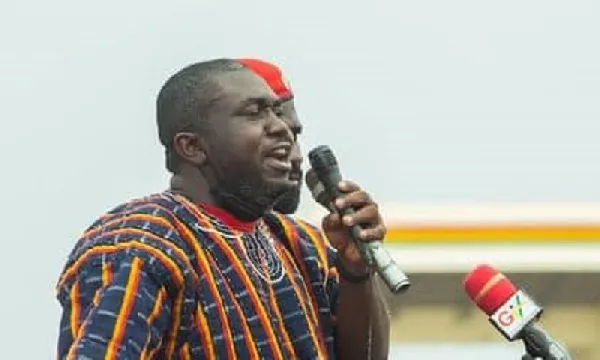
Accordingly, he noted that such inaction allows corruption to fester, further eroding public trust in Ghana’s democratic institutions.
Barker-Vormawor’s comments reflect broader frustrations among citizens who feel that those in power evade accountability with impunity.
He stressed that the failure to investigate such claims weakens the foundations of democracy and suggests a compromised legislative system that serves political elites rather than the people.
Parliament’s Credibility in Question
Beyond issues of bribery and political maneuvering, Barker-Vormawor criticized Parliament for its inability to determine who authorized military personnel to storm the legislative chamber.
The dramatic invasion of Parliament by armed soldiers during the chaotic election of the Speaker in 2021 remains a dark chapter in Ghana’s democratic history, yet no conclusive findings have been made on who ordered the intervention.
This event, he argued, underscored the vulnerability of Ghana’s parliamentary democracy and the extent to which powerful interests manipulate national institutions for their own benefit.

Adding to the long list of parliamentary failures, he highlighted another bizarre yet serious allegation—whether or not MP Rockson-Nelson Dafeamekpor was physically assaulted during the vetting scuffle.
He pointed out that despite these claims, no concrete findings or disciplinary actions have been taken, reinforcing the perception that accountability within the legislature is nonexistent.
The continued lack of action on such issues, he warned, sends a dangerous message that abuse of power and misconduct within Parliament can occur without consequence.
Sarcastically addressing the situation, Barker-Vormawor stated, “That is indeed a Parliament that cannot be bribed despite whatever any attention seeker says!”
His words convey deep skepticism regarding the institution’s ability to resist external influence and uphold ethical standards.
He suggested that rather than serving as an independent check on the executive, Parliament has become complicit in undermining the very principles it is meant to protect.
“I apologize again wae. Me na ma bodam. Because if not abodam, why would anyone come to believe this is a Democracy that is interested in truth and reform.”
Oliver Barker-Vormawor
His use of local dialect emphasizes his disillusionment with Ghana’s political landscape and the lack of genuine commitment to governance reforms.
The statement underscores a sense of betrayal felt by many Ghanaians who once believed in the promise of democratic governance but now see it as a system riddled with hypocrisy and unfulfilled promises.
Barker-Vormawor’s critique echoes a growing public sentiment that Parliament is failing in its duty to serve as a check on power.
With numerous unresolved controversies, unanswered questions, and unpunished infractions, the institution’s credibility continues to wane.
His remarks serve as a stark reminder that, unless Parliament commits to meaningful accountability, public trust in Ghana’s democratic processes will remain fragile.
Moving forward, he urged Ghanaians to demand greater transparency and reform, warning that without collective action, the nation risks further democratic backsliding.
READ ALSO: Ramaphosa Defends South Africa’s Land Reform Amid US Criticism


